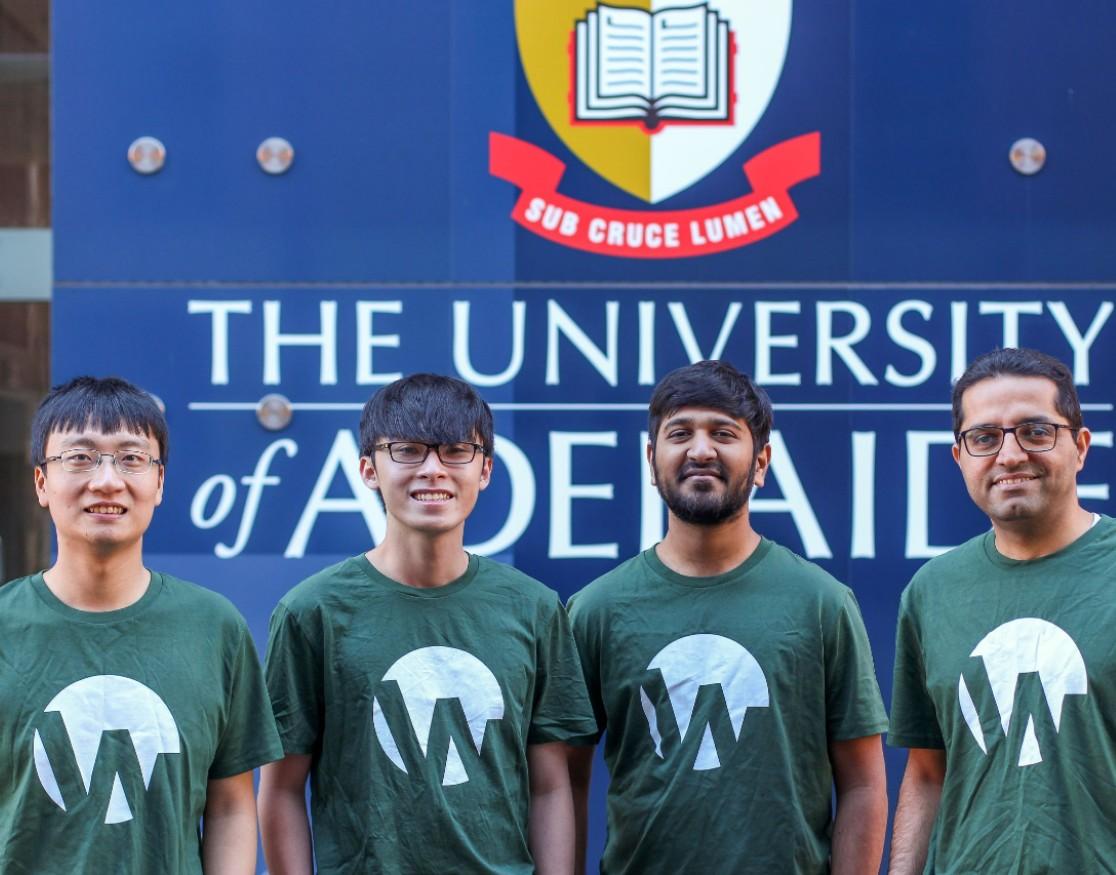FRESNO team wins 5th place
FRESNO team places fifth in Renewable Energy Scheduling Competition
One of the most important challenges to tackle climate change is the decarbonisation of energy production with the use of renewable energy sources such as wind and solar.

The issue being that energy cannot be produced on demand, but the production depends literally on when the wind blows and when the sun shines, which is usually not when demand for electricity is highest.
Researchers from the IEEE Computational Intelligence Society (IEEE-CIS) want to improve solutions to this complex problem. IEEE-CIS works across a variety of Artificial Intelligence and machine learning areas, including deep neural networks, fuzzy systems, evolutionary computation, and swarm intelligence.
At the end of last year, they ran their third international technical competition. They partnered with Monash University (Melbourne), seeking the best solutions for battery and load scheduling.
Monash set up a microgrid with rooftop solar installations and a battery for energy storage. The challenge used data from the microgrid, and the idea was to develop an optimal schedule for the Monash battery and lecture theatres based on predictions of future values of energy demand and production.
In excellent news, a team of PhD students from the University of Adelaide’s Electrical and Electronic Engineering school won fifth place in this competition out of the 49 other teams/individuals that participated.
Rui Yuan, Trong Nam Dinh, and Yogesh Pipada Sunil Kumar formed the FRESNO team under the supervision of Dr Ali Pourmousavi Kani.
Their innovative algorithms help forecast and schedule the energy system operation to increase uptake of renewable generation in the grid.
Dr Ali Kani said the competition was an incredible learning experience and thanked Watts from Denmark, their industry partner in the FRESNO project, for their unconditional support.
“It was the first time we worked together as a team. This experience strengthened our bonds while learning from some of the best researchers on this topic. We plan to apply the insights we gained in the competition to enhance our research methodologies,” he said.
And while they didn’t win first place, the team was invited to present their work in the 2021 IEEE Symposium Series on Computational Intelligence (SSCI). You can read more about the Symposium Series here.
Their work will no doubt be useful to other fields facing similar problems of optimal decision-making under uncertain predictions.
